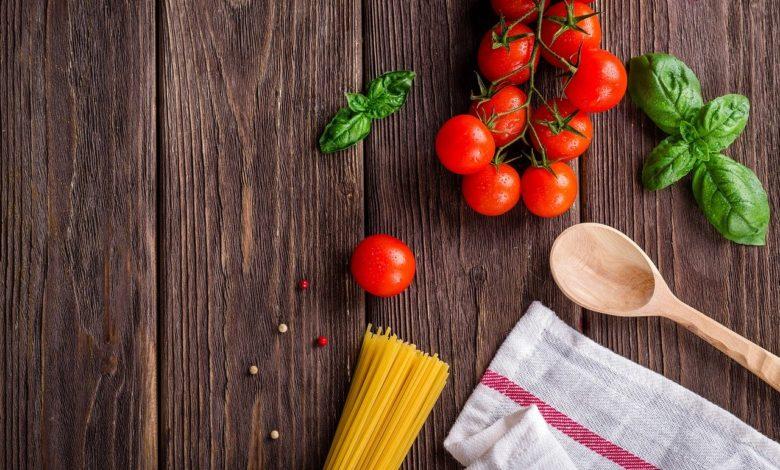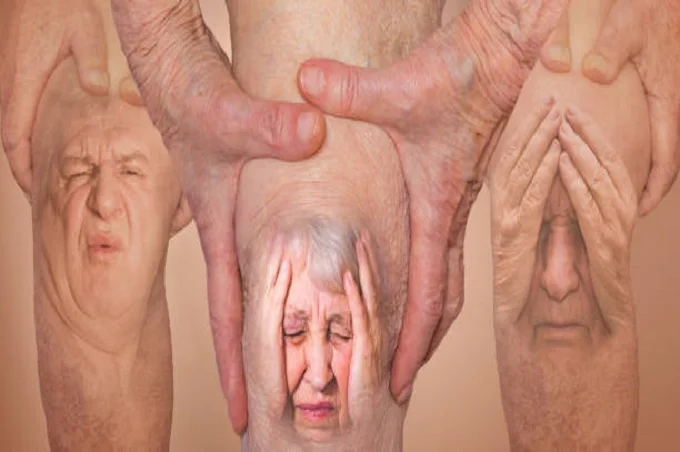Can you become infected with coronavirus through food?

The coronavirus is highly contagious and can survive for several hours outside the human body. Can foods also infect us with the coronavirus?
Scientists at the European Food Safety Authority (EFSA) went after one, or you could become infected with coronaviruses through food. They found no evidence of this. EFSA is a European Union agency that provides independent scientific advice on food safety. For Europe, this is a reference center in the field of food policy and food safety.
It is true that the current coronavirus originates from animals (bats) and that it passed on to humans by eating infected animals in China. But since that one transmission, the virus was only passed on from human to human and not through food.
An additional fear is that we may be infected in supermarkets or markets through food that people with a coronavirus infection touched. That is theoretically not excluded.
How should we interpret this news?
It is unlikely to contract a coronavirus infection through food, but we must remain careful with food and packaging in the store. When an infected person touches products or packaging, the coronavirus can survive on it for some time. That’s why we recommend buying the fruits and vegetables you touch and not putting them back. Feeling whether an avocado is ripe and then putting it back is not hygienic and can spread the virus further.
Also, do not share cutlery with others, wash your hands regularly, and follow the general hygiene regulations in the kitchen. Don’t sneeze or cough over food. Do you have to sneeze while preparing the food? Then do this on the inside of your elbow. After this, wash your hands thoroughly before continuing to prepare the food. Viruses are sensitive to heat, so avoid eating raw foods and heat your food thoroughly. The French Food Agency (ANSES) advises cooking your diet to 63°C for four minutes. This is effective with other coronaviruses.
Can coronaviruses survive and remain infectious on solid and dry surfaces, on food packaging?
How stable coronaviruses remain depends on several factors such as temperature, humidity, and surface conditions, as well as the specific virus strains and amount of virus.
In general, human coronaviruses are not particularly stable on dry surfaces. After a few hours to days, they automatically become inactive. We do not yet have precise deadlines for COVID-19. As a precaution, you should respect general hygiene precautions, such as washing hands with soap and water (or using alcohol-based gel in the absence of soap and water) after handling packaging, for example, after shopping.
Try to touch your mouth, eyes, and face as little as possible. If necessary, clean the affected surfaces (such as kitchen counter and table) with soap and water. When an infected person sneezes or coughs on cutlery or crockery, the virus can survive on these surfaces for some time. If there is then (in) direct contact between these surfaces and the mucous membranes (mouth, throat, or eyes) of a healthy person, this person can also become infected.
Can we kill the virus by washing dishes?
The genetic material of coronaviruses is covered with a layer of fat (the lipid layer), which makes them sensitive to substances that dissolve fat, such as alcohols, soap, or detergents. It is therefore very likely that these products will damage the virus surface and make the virus inactive, especially if you run the dishwasher at 60°C or higher.
Can you become infected through contaminated frozen food?
The previously known coronaviruses SARS and MERS are resistant to cooling conditions and can remain infectious at -20°C for up to two years when frozen. However, so far, there is no evidence of infection for COVID-19 from food consumption, including frozen food. The advice is to apply the general hygiene rules for preparing food strictly.
Conclusion
There are no indications to date that the coronavirus can be passed on through food. They need people to survive, not food products. It is imperative to follow the hygiene measures carefully.




![How do you best greet each other in corona times? [Photos]](https://afrinik.com/wp-content/uploads/2020/03/gesture-772977_1280-390x220.jpg)